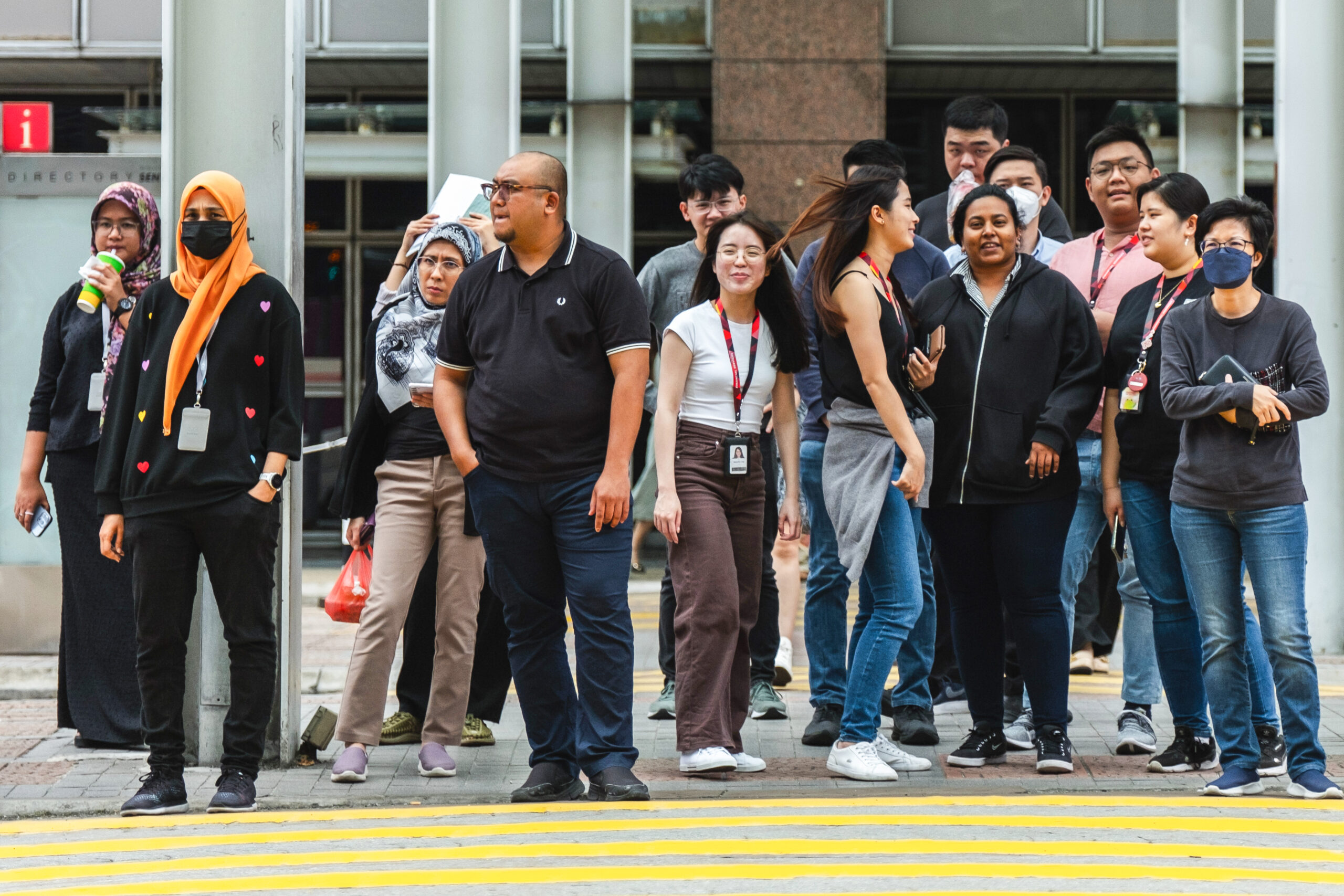KUALA LUMPUR – Almost a third of Gen Zs and millennials worldwide are financially insecure, with more than half relying on month-to-month living, according to a survey.
The Deloitte Global 2024 Gen Z and Millennial Survey reported that 30% of Gen Zs and 32% of millennials do not feel secure about their finances, while 56% of Gen Zs and 55% of millennials are financially stretched and live paycheck-to-paycheck.
The respondents, consisting of 14,468 Gen Z and 8,373 millennials across 44 nations, said the rising cost of living was a major concern for them, besides unemployment, mental health, and personal safety.
About a third of the respondents expect the general economic status in their respective countries to improve over the next year, while 48% of Gen Z respondents and 40% of millennials perceive their personal financial circumstances to improve in the same period.
This is consistent with a Scoop report on the financial woes that Malaysian youth face as a result of rising living costs, an undervalued ringgit, and cuts to fuel subsidies.
While navigating financial struggles, the youth practised expense management to secure their financial futures.
Meanwhile, the survey also found that stress levels continue to be high among the respondents, as 40% of Gen Zs and 35% of millennials are stressed most of the time, if not all.
“There are some positive signs that mental health may be improving as a whole, as 39% of Gen Zs and 37% of millennials say their mental health has improved over the last year, and only 18% of Gen Zs and 17% of millennials report that their mental health has worsened in the same period.”
Nonetheless, as only half of respondents expressed “good” or “extremely good” mental health, the survey suggested that more improvement could be done.
About half of the respondents cited financial concerns and family welfare as catalysts for their stress levels, while a third of them attribute their anxiety and tension to work-related factors.
This includes improper recognition or rewards for work, long working hours, inadequate time to complete tasks, and not getting a sense of meaning or purpose, among others.
Purpose was a large factor that influenced the respondents’ job satisfaction and well-being, as almost 90% of both Gen Zs and millennials agreed that it was important.
The respondents were also reportedly more willing to reject employers and assignments not aligned to their values, and tend to be more loyal to employers who take feedback and respond positively.
Most respondents are also more concerned about the current circumstances of climate change, with 20% having already changed careers and industries that are more focused on environmental values, and another 25% planning to do so. – July 22, 2024

